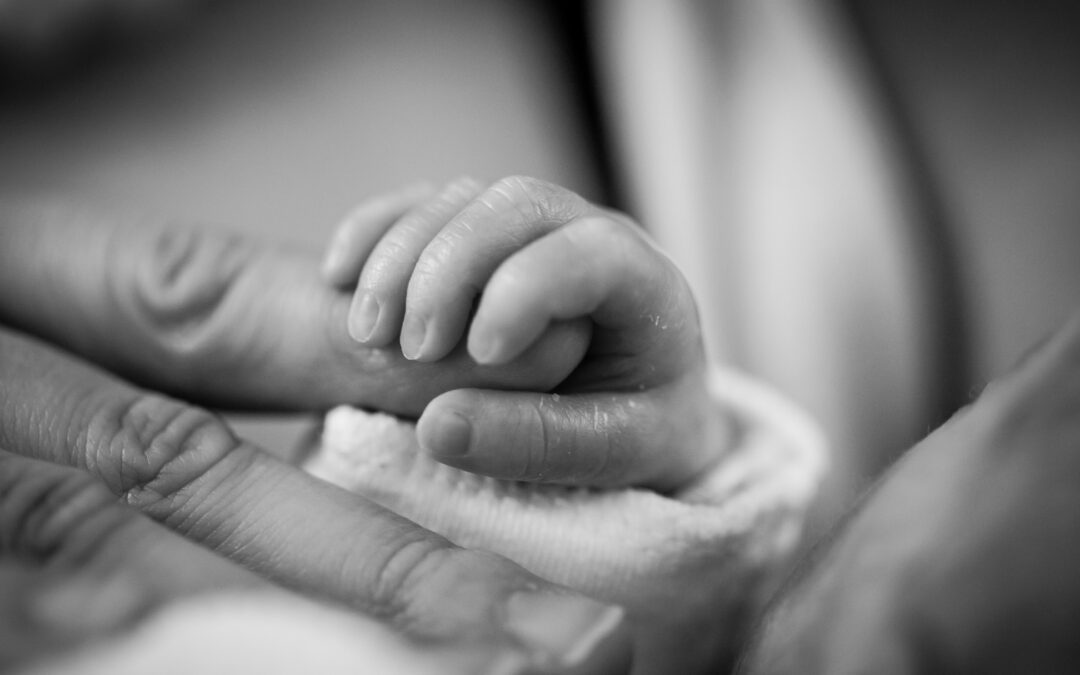What is Life? is one of my favorite George Harrison songs. It was a song of devotion to his then-wife, who, ironically, became the subject of Eric Clapton’s song Layla –but that’s a different story for a different day.
In What is Life? the main refrain is, “Tell me what is my life without your love
Tell me who am I without you by my side.”
Watching my mom die in Hospice with her husband (my dad) of over 60 years by her side, this song has taken on new meaning, as has the entire experience. It raises questions, challenges conventions, and brings simple things people say about life and our world into focus and clarity.
Questions
I can’t possibly list all the questions this experience is raising for me, but I will list a few salient ones:
- Mom has dementia, refuses most food, drink, and meds, and always seems uncomfortable and angry. I can’t stop wondering – what is she thinking?
- Does Mom know what is happening to her, Dad, my brother, and me?
- Does mom have any sense for time?
- Can Mom parse any of the best times of her life with the past few years and the memories of the past that dementia surface again and again?
- How will Dad live without his love, whom he has been so devoted to and cared for for the past few years?
- What exactly will happen to Mom, and us, after she passes?
Conventions
We have been taught so many things about our lives, how they are supposed to be, and how they are supposed to be lived. Societal norms, religion, parents, and the media play a role in the conventions we choose to live by.
One of those conventions is our role in the administration and usage of the healthcare system. That can be a post by itself, but I can tell you that my faith in the system has dramatically diminished based on this experience. I can speak this truth because I had an incredibly positive experience when my son had Cancer, but even that had its moments.
Some people trust the system, and some don’t. My parents had the idea that they would unconditionally follow the doctor’s orders and that authority was not to be challenged. And that the system would take care of them. Now more than ever, I have learned that individuals must own and manage their care, take nothing for granted, challenge the status quo, and find healthcare professionals who admire and agree with these conventions. Feel free to ask me why below.
But in the end, what if any of these and other conventions really matter? What do you think matters most to my mom and dad right now?
For Mom, I suspect it is being surrounded by her closest family in her dying days. As I mentioned above, I suspect because I do not know. But I do choose to believe.
For Dad, I know it is being able to spend as much time with Mom as possible, regardless of how negative and taxing she and the caretaking can be. I also know it is about having kids who can be there and support him and Mom in this time of need, as he often speaks of how he couldn’t go through this without us.
For me, it is about giving a little bit back to my parents, who raised and supported me and unconditionally loved me through thick and thin. It is also about having a supportive and loving wife and best friend who, though she cannot be here in person, is here in spirit and is there to listen and provide insights and support at the end of every day if and when I need her (not to mention that she is also taking care of everything at our home while I am here.)
And for all of us, and this one is the hardest of all, I have to wonder if it wouldn’t have been better for her to have passed away sooner. Before Hospice, she was in the hospital with Covid and left with Hospice care, with supposedly 2-3 weeks to live. Now she is confused, agitated, angry, and maybe even in pain. It is frustrating and painful for Dad and heartbreaking for my brother and me.
I don’t have an answer, but I can’t help but ponder the whole notion of Euthanasia. Is this something society needs to take a closer look at? Could that be what some people need to “die with dignity?” The social worker from Hospice used that phrase as it relates to Mom. I didn’t say anything to her as she is a wonderful human, but I’m afraid I have to disagree that THIS is dying with dignity…
Our realities challenge and clarify for me the conventions of marriage/partnership, having and raising children, family dynamics and relationships, societal norms, and more. Let’s discuss below if you’re interested…
The Simple Things People Say
People always say things that we may nod our heads to agree or disagree with and or allow to pass through us as things without meaning or purpose.
All of us can conjure what our parents, family members, friends, celebrities, the media – you catch my drift – say or write about that I am referring to.
Many of those little things come into sharp focus at times like these. Rather than regurgitate the things themselves; I will share what has come into focus for me, which will guide me until my end.
And it starts with this one truth for me – In the end, love IS all that matters.
- The love and support from a spouse or partner are precious and, ultimately, could be all one is left with.
- For me, love and support from children are precious and, in my mind, critical.
- Love and support from friends and loved ones – including employers and teammates – is a gift.
- The love you give IS the love you get.
- Relationships matter.
- Caring for one’s mind and body matters.
- It DOES take a village…
- Trust and respect nurses.
- Learn all you can about Hospice care.
- While one may not believe in god or religion per se, a higher power or force drives us, binds us, and connects and guides us if we allow it to.
- Age doesn’t always impart wisdom.
- No one has all the answers.
- We are all human, and humans are imperfect, so indeed, we all make mistakes.
- It is okay – and probably healthier – to forgive and forget.
- Don’t judge.
- Treat others the way you want to be treated.
- You DO get what you give.
- What goes around DOES come around.
- Nobody should be alone in the end.
I don’t know how long Mom has, and I may not be here for her at the very end. I am fortunate to have been here for her, my dad, and my brother (who has, because of proximity, been on the front lines of Mom’s decline for years), thanks to my family and employer.
And I am also fortunate to have learned so much about what is truly important to me through this experience. I hope you can take something from it, too.


Very powerful. Thank you
Thanks so much Dee. 🙏